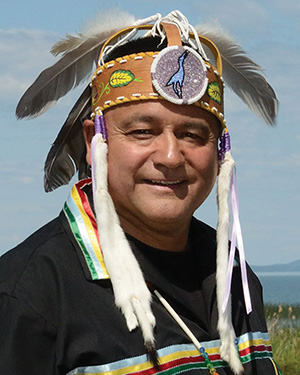$8.4 billion to improve socio-economic conditions will bring ‘transformational change’: Madahbee

UOI OFFICES (Nipissing FN) March 23, 2016 – Anishinabek Nation Grand Council Chief Patrick Madahbee says he is pleased with what he heard in the federal budget yesterday, but he will need to see more details in order to ensure that Anishinabek First Nations’ priorities are reflected in the budget.
“We applaud the fact that the federal government has recognized the need to make First Nation issues a priority in this budget,” says Grand Council Chief Madahbee. “The 2016 budget proposes to invest $8.4 billion over five years to improve the socio-economic conditions of Indigenous peoples and communities will bring about transformational change. This amount is very encouraging, but we will be interested to see the implementation plans for the budget. We are pleased that the budget removes the 2% funding cap. The funding cap has been a burden to First Nations over the past 20 years.”
“I am pleased that the budget provides $40 million over two years for a national inquiry into Missing and Murdered Indigenous Women and Girls. This inquiry is very important to all First Nation citizens,” says Madahbee.
Money has been identified for:
- Primary and secondary education on reserve
- Early learning and child care
- First Nation education infrastructure
- Improving housing conditions on First Nations
- A pilot project to enhance training that aligns with community needs
- Support for social infrastructure, and housing needs on reserve.
“All of these initiatives are very important to the Anishinabek Nation,” says Madahbee. “We are looking forward to working with the federal government to determine how the budget can be implemented most effectively.”
Madahbee adds that the budget details will be required to determine how quickly the budget dollars can be delivered to the areas where they are most required. That is what is most important to First Nation citizens.


